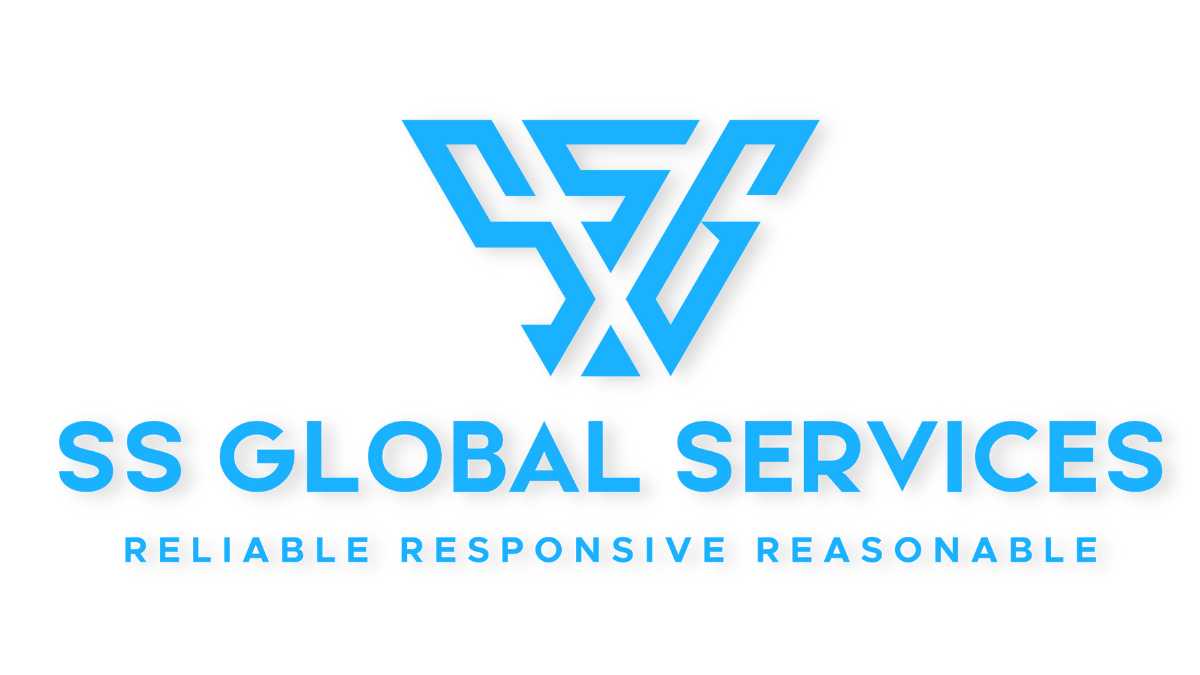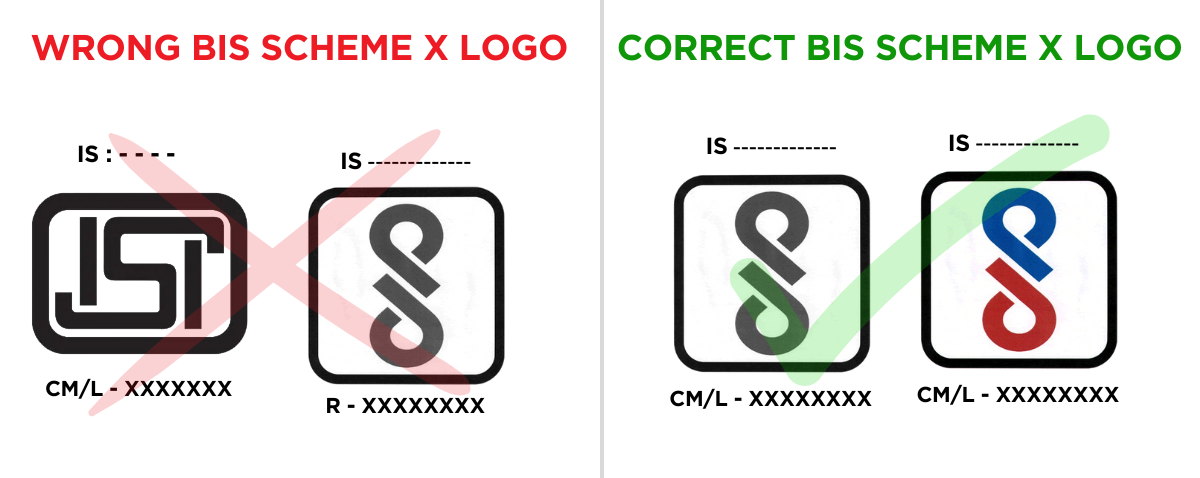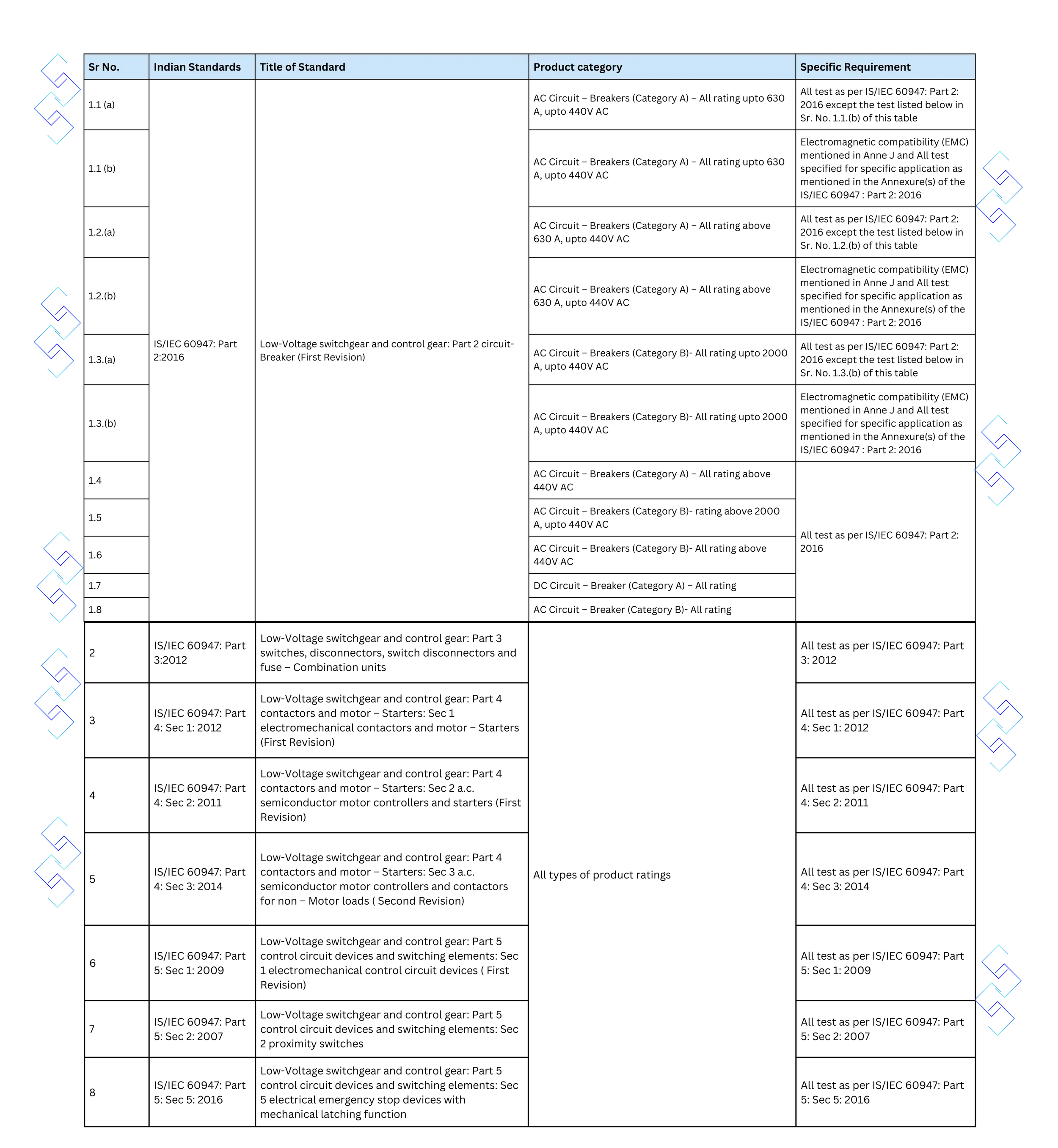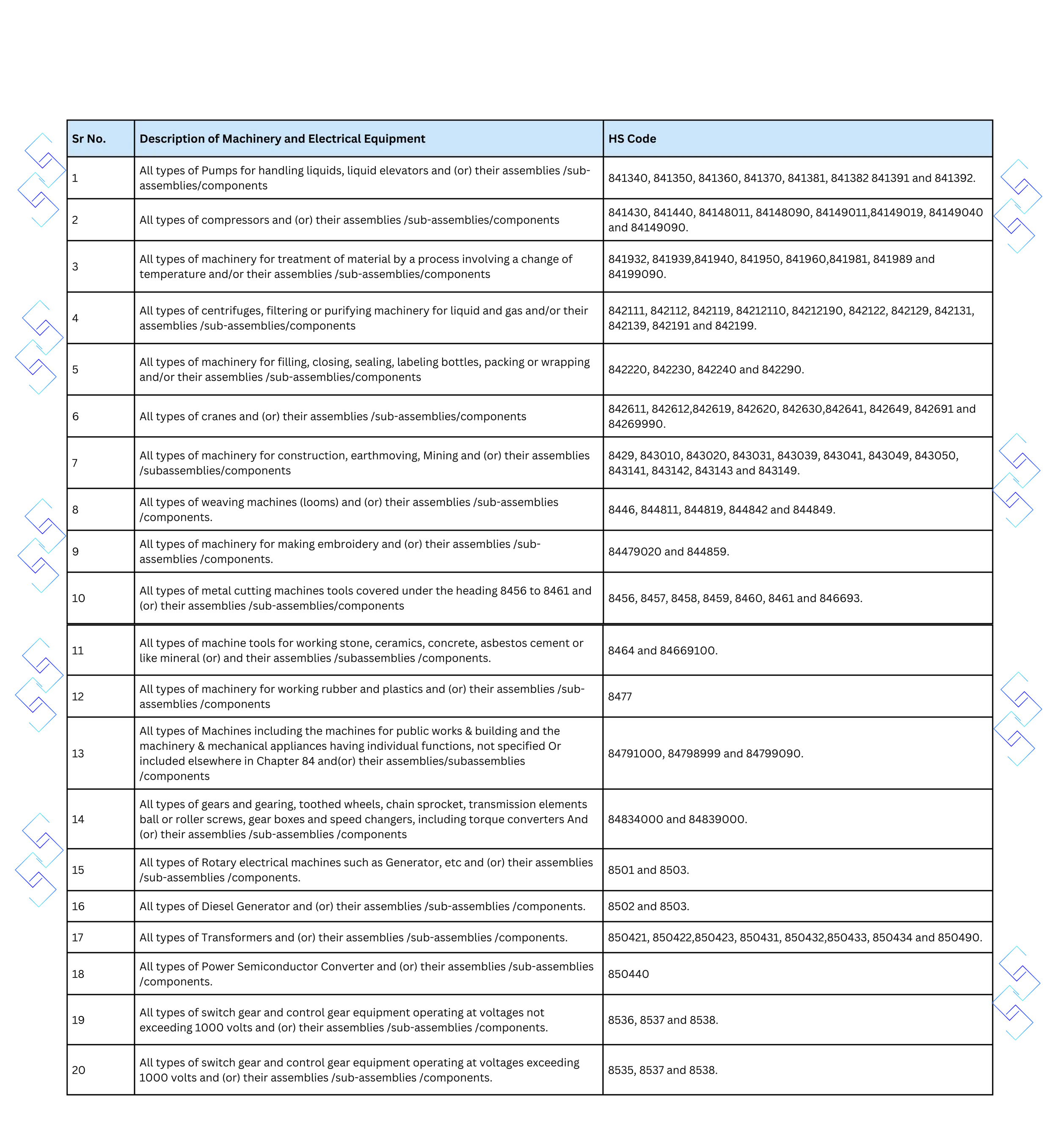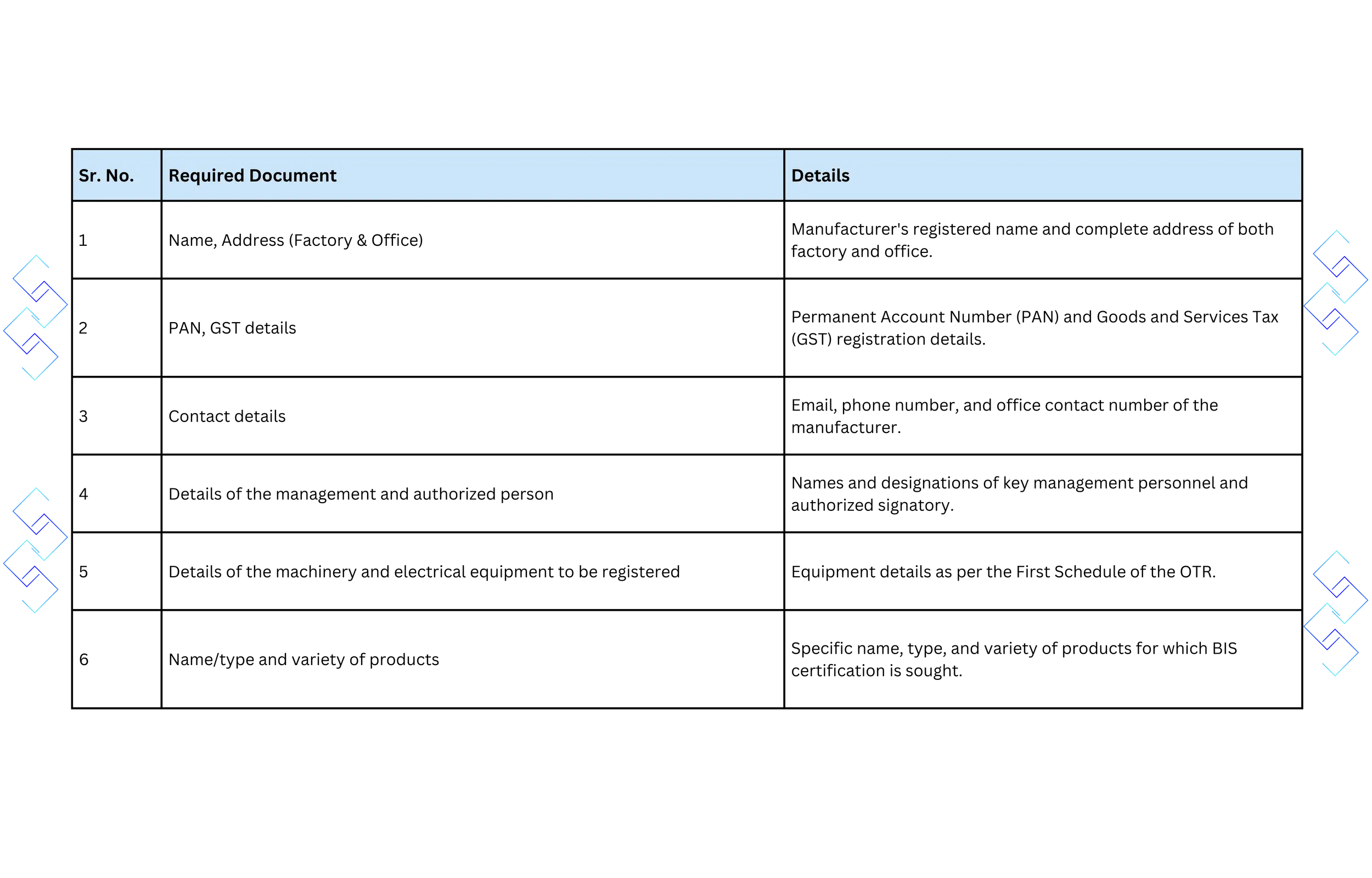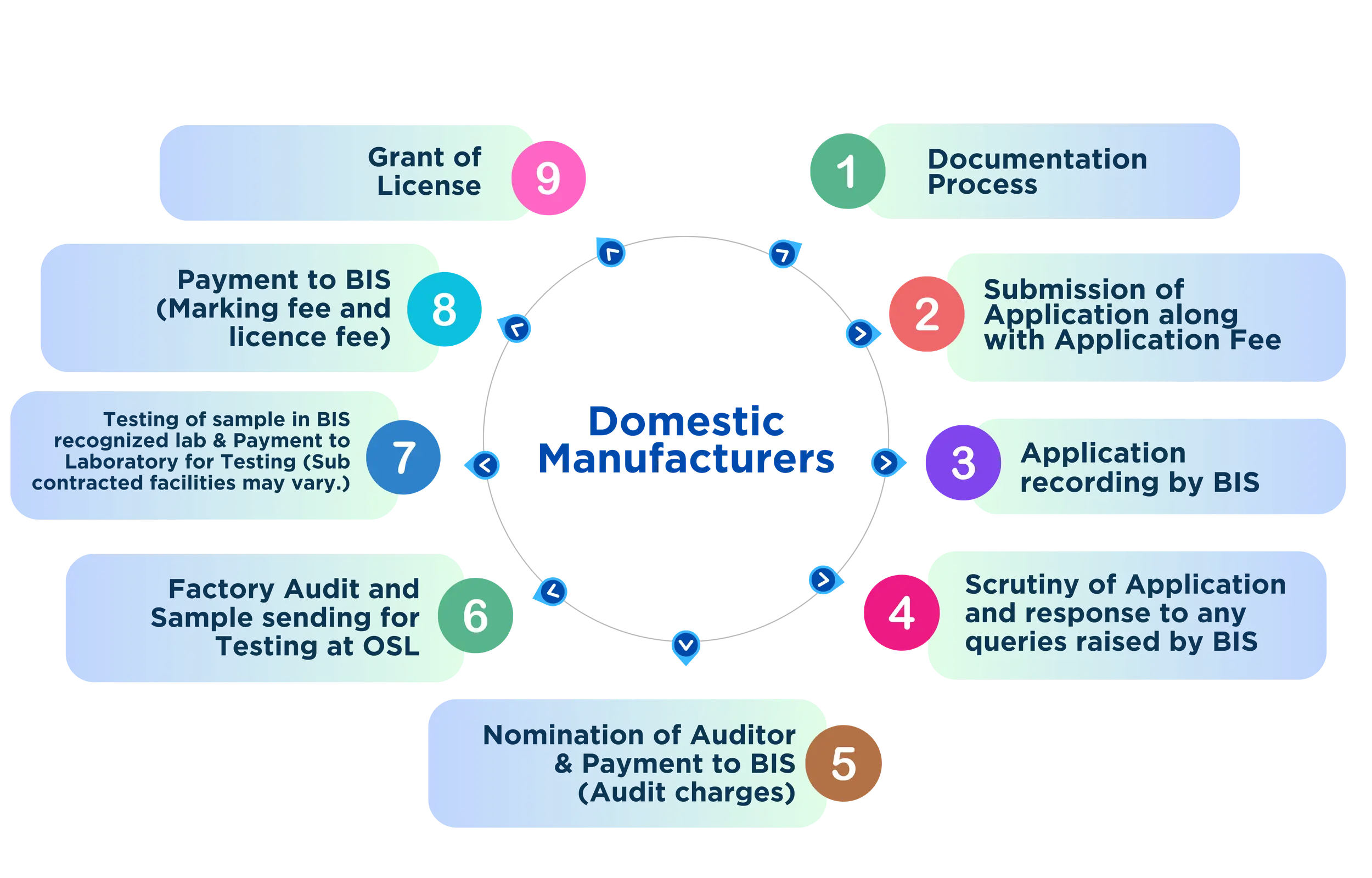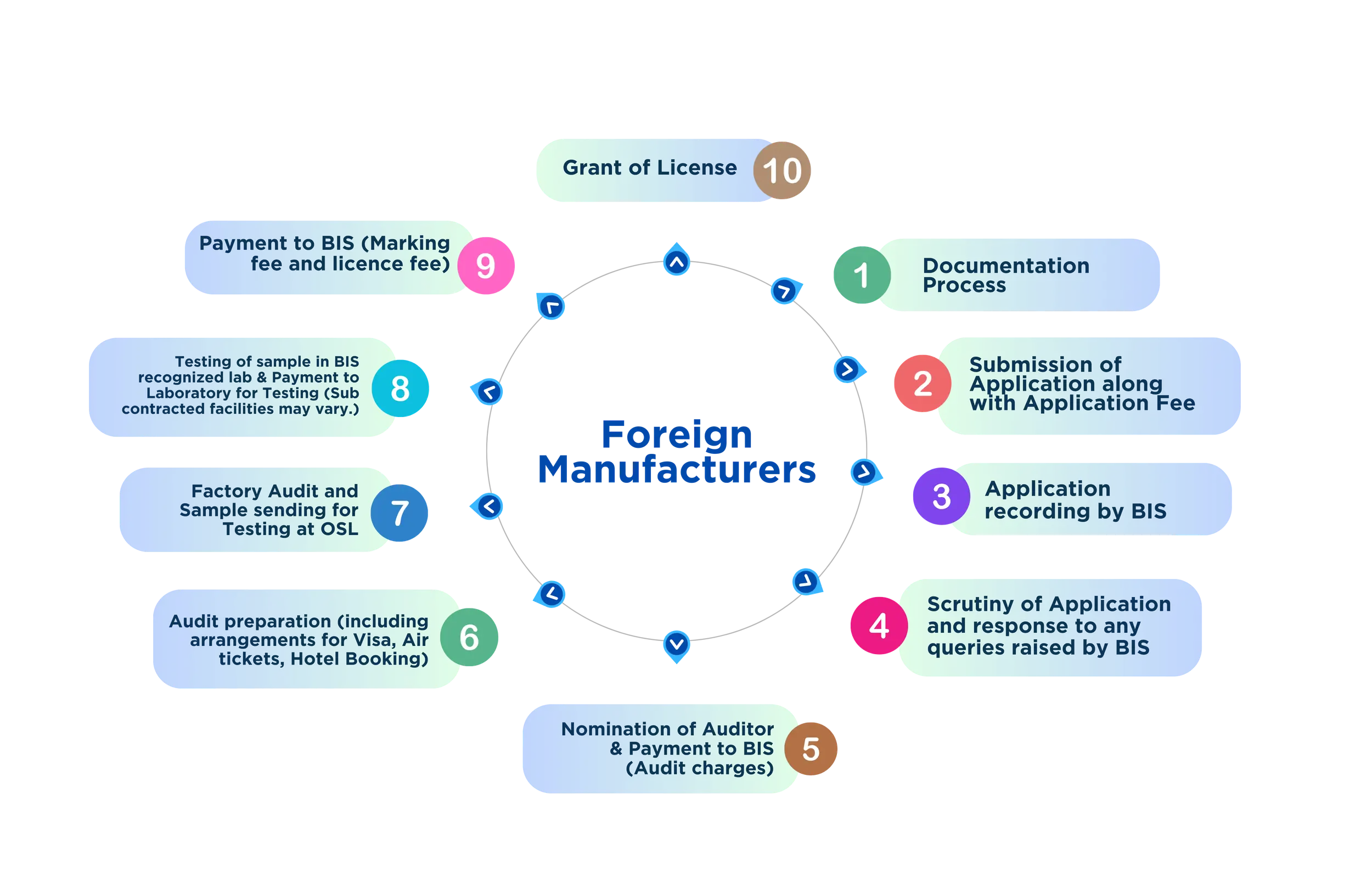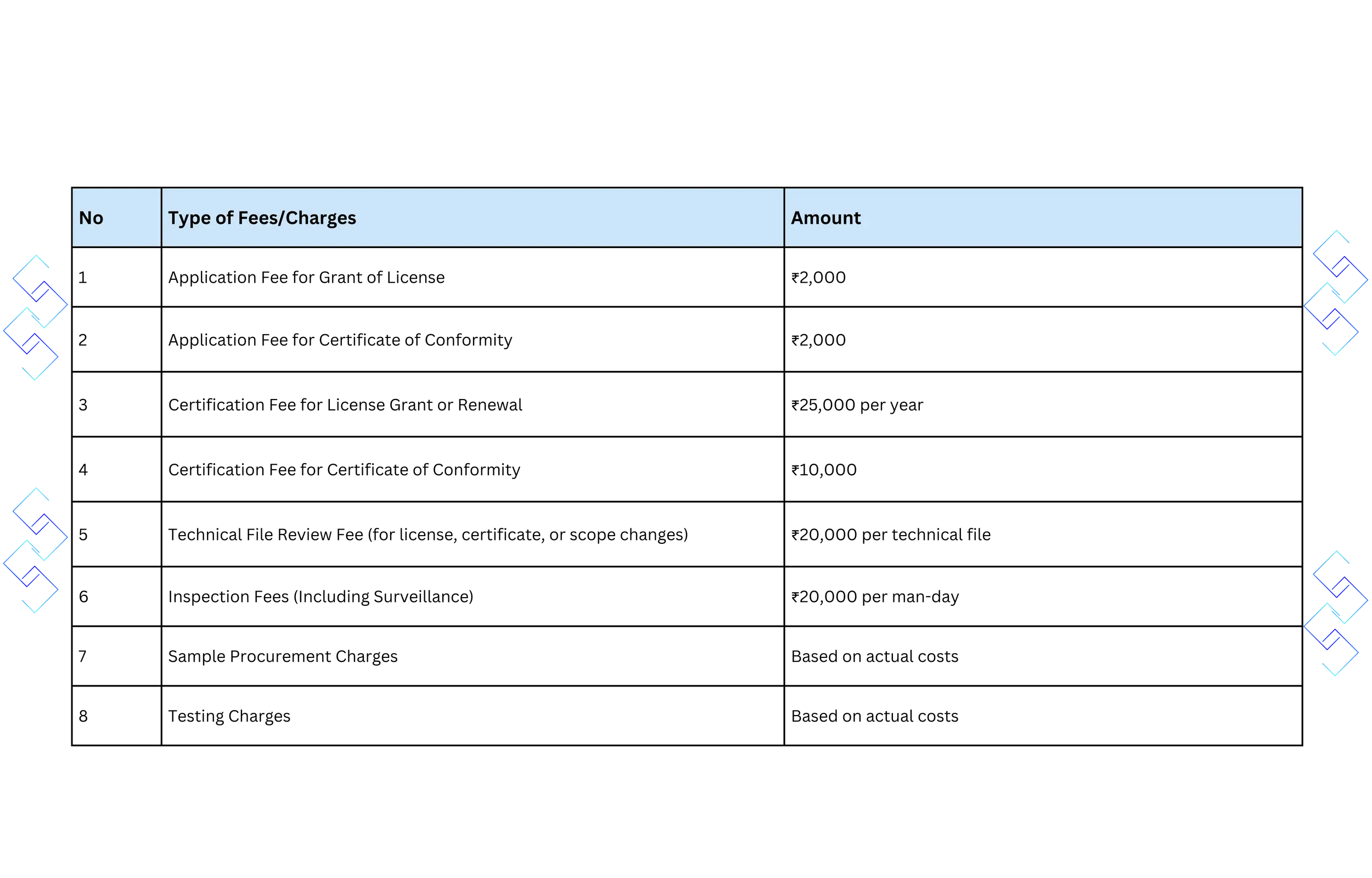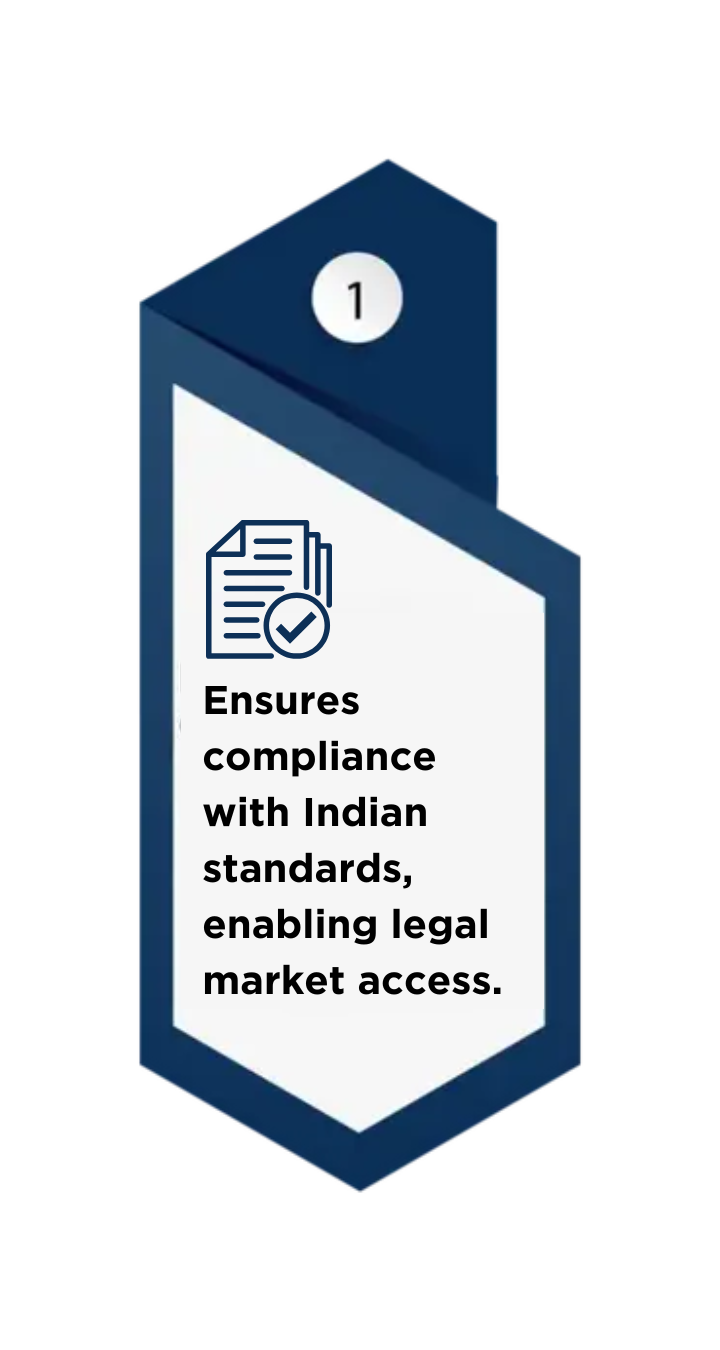
It is a mandatory program for manufacturers of low-voltage switchgear, control gear, machinery, and electrical equipment to ensure safety and quality standards.
BIS Schedule-II, Scheme-X is a part of the Bureau of Indian Standards (Conformity Assessment) Regulations, which defines the certification process for industrial and consumer products, ensuring that only safe and high-quality products reach the market. It operates under the BIS Act, 2016 as well as its associated rules and regulations.
The provisions for granting licenses under this scheme are defined in Regulations 4 and 5, as well as Schedule-II, Scheme-X of the BIS (Conformity Assessment) Regulations, 2018.
Scheme X is a product certification scheme introduced under the Bureau of Indian Standards (BIS) Conformity Assessment Regulations, 2018, which was further refined by the BIS Conformity Assessment (Amendment) Regulations, 2022. Its main objective is to align Indian safety standards with global norms. Under this, machinery and electrical equipment manufactured or imported in India are certified under Scheme X to meet the requirements of stringent technical and safety standards.
The “Machinery and Electrical Equipment Safety (Omnibus Technical Regulation) Order, 2024” issued by the Ministry of Heavy Industries and implemented by the Bureau of Indian Standards (BIS) which will come into effect from August 28, 2025, covers machinery and electrical equipment such as pumps for handling liquids, compressors, cranes, rotary electrical machines, transformers, switchgear etc. Under this order, machinery or electrical equipment, and their assemblies, sub-assemblies, or components made under Section 16 of the Bureau of Indian Standards Act, 2016 are not subject to conformity assessment. Additionally, “Scheme X” for construction equipment falling under the CMVR Rules, 1989 issued by the Ministry of Road Transport and Highways (MoRTH) is a special conformity assessment framework designed for products requiring stringent technical and safety standards.
The OTR known as “Machinery and Electrical Equipment Safety (Omnibus Technical Regulation) Order, 2024” has been issued by the Ministry of Heavy Industries through its gazette notification dated August 28, 2024. The main objective of the Omnibus Technical Regulation is to ensure the safety and compliance of machinery and electrical equipment safety and their assemblies as well as components as per Scheme X of BIS Regulations.
This order refers to every category of machinery or electrical equipment, including their assemblies, sub-assemblies, or any other parts thereof, but subject to certain exceptions noted below:
For those machineries & components which fall under any other order made under Section 16 of Bureau of Indian Standards Act, 2016.
Furthermore, domestic produced goods or articles meant for export are also not covered by this regulation.
Last, but not the least, construction equipment which are subject to the CMVR Rule 1989 of the Ministry of Road Transport and Highways (MoRTH) is also excluded. These exemptions are very helpful for compliance as well as for business activities." Based on this notification, this regulation shall come into force from 28th August 2025.
So In a nutshell, all these machinery and electrical equipment described in the Omnibus Technical Regulation 2024, along with the low voltage switchgear and control gear notified by the Ministry of Heavy Industries, shall be covered by Saw Certification Scheme X of the Bureau of Indian Standards.
Under the Machinery and Electrical Equipment Safety (Omnibus Technical Regulation) Order, 2024, manufacturers of machinery and electrical equipment—such as pumps, compressors, centrifuges, cranes, transformers and switchgear—manufactured or imported in India are required to obtain certification from the Bureau of Indian Standards (BIS) under Scheme X.
Under BIS Scheme X, manufacturers can obtain a BIS license or Certificate of Conformity (CoC) for their products and use the BIS standard mark. This certification helps ensure safety, reliability and consumer confidence of machinery and electrical equipment.
Manufacturers of micro, small and medium enterprises (MSMEs) are required to obtain BIS certification under Scheme X for their products to ensure compliance with stringent safety standards and gain a competitive advantage in the market.
BIS Scheme X Certification is a BIS Certification Scheme for Low Voltage Switchgear & Control Gear, Machinery and Electrical Equipment (Omnibus Technical Regulation) product under Scheme-X, launched by Bureau of Indian Standards (BIS) on March 16, 2022. compliance with safety standards is mandatory for all types of machine tools working on stone, ceramic, concrete, asbestos cement or mineral glass products and their assembly. For this, BIS Scheme-X certification has been made mandatory for the manufacturer.
The Bureau of Indian Standards (BIS) is responsible for providing BIS certification for products falling under Scheme X. The BIS Standard Mark or BIS Scheme X Certification Mark consists of the license number of the product indicated at the bottom as 'CM/L-XXXXXXXXXX' while the standard number is indicated at the top of the mark.
This mark is provided by the Bureau of Indian Standards only after the successful grant of BIS Licence. Every manufacturer must comply with the Indian Standards norms and market their product with a valid BIS Mark.
Without a BIS Licence, it is a punishable offence to mark any product with a license number as 'CM/L-XXXXXXXXXXXX' and sell it in the Indian consumer market.
Scheme I covers a wide range of consumer products including electronics, home appliances and industrial materials.
If electric equipment and industrial machinery are your business, then you fall under Scheme-X.
Know about the various products covered under Scheme-X. This scheme is for products that have the highest risk and are defined as, for example, low voltage switchgear and controlgear :
If you are a manufacturer whose products match any of the above, it is important to obtain Scheme-X certification before you start manufacturing or selling in India.
List of products requiring mandatory BIS certification under Scheme X includes the following categories of low-voltage switchgear and controlgear as notified by the Ministry of Heavy Industries.
Low – Voltage switchgear and controlgear – Notified by Ministry of Heavy Industries.
BIS Scheme-X certification gives confidence on safety and quality. Following are the essential elements of safety which the manufacturers are bound to meet.
Safety standards guarantee that certified products comply with regulations and safeguard the interests of the end-users. which the manufacturers are bound to meet.
Under Scheme X or Schedule II, manufacturers must have the following documents to obtain BIS certification for Machinery and Electrical Equipment from BIS
Prior Registration : Manufacturers must provide the following information for registration:
Registration - Manufacturers must register on the official BIS portal called Manak online The portal offers a registration feature specifically for OTR.
The following steps explain the process of getting BIS certification under Scheme-X :
"In this way, these actions guarantee the consistent receipt of certifications while complying with the required international standards."
Know the Certification process for products under Scheme X and its License Procedure for domestic and foreign manufacturers.
The following steps will take place for Domestic Manufacturers mentioned below:
General Timeline: Approx 90 working days as per BIS practice.
The following steps will take place for Foreign Manufacturers mentioned below:
General Timeline: Approx. 6-7 months, based on current practices.
Additional Pointers For Foreign Manufacturers:
To simplify the certification process, manufacturers must adhere to the specified fee structure. As per Schedule-II, Scheme-X, Paragraph 5 of the Bureau of Indian Standards (Conformity Assessment) Regulations, 2018, the Bureau has notified the following fee structure. This notification shall be applicable to those products or product groups for which no separate fee has been specifically notified.
Manufacturers must comply with the Scheme-X certification process to maintain the conformity and approval of their products. The Bureau of Indian Standards (BIS) will review the application and issue a renewed license using Form-VIII, following the provisions of Regulation 8 of the applicable regulations.
BIS Scheme X Certification is required to ensure quality and safety of low voltage switchgear, control gear, machinery, and electrical equipment. Scheme X allows the manufacturer to simplify the production process and adhere to strict Indian standards.
It is mandatory to obtain BIS Scheme-X certification for machine tools of stone, ceramic, concrete, asbestos cement, and mineral glass products. Compliance with this regulation not only ensures product reliability but also increases consumer confidence in certified brands.
Contact SS Global, a leading BIS Scheme-X certification consultant, to simplify the complex certification process. As a BIS Consultant, SS Global has been a trusted manufacturer partner in India for over 16 years. With rich experience in product testing, inspection, and regulatory compliance, Aleph India offers comprehensive support for manufacturers and importers.
BIS Scheme X is a certification program under the BIS Conformity Assessment Regulations, 2022, ensuring that machinery and electrical equipment meet stringent safety and technical standards.
It ensures compliance with Indian safety standards, enhances product reliability, and is mandatory for machinery and electrical equipment under the Omnibus Technical Regulation.
The certification applies to pumps, compressors, cranes, transformers, switchgear, generators, and other electrical and mechanical equipment listed under the regulation.
Both domestic and foreign manufacturers of machinery and electrical equipment intended for sale in India must obtain this certification.
The certification is governed by the Bureau of Indian Standards Act, 2016, and the Machinery and Electrical Equipment Safety (Omnibus Technical Regulation) Order, 2024.
The process includes documentation, application submission, BIS scrutiny, factory audit, sample testing, payment of fees, and license issuance, taking approximately 90 working days.
Similar to domestic manufacturers, but includes additional steps like appointing an Authorized Indian Representative (AIR) and visa arrangements for factory audits. The process takes about 6–7 months.
Key documents include manufacturing details, test reports, quality control procedures, factory layout, and proof of business registration.
The license is issued for 3 to 6 years, with an option for renewal. A Certificate of Conformity (CoC) is issued for one-time production.
Yes, a BIS-appointed auditor conducts an on-site factory inspection to verify compliance with safety and quality standards.
Products must undergo testing in BIS-approved laboratories or in-house labs, with results verified during the factory inspection.
The certification fees include an application fee, testing charges, audit fees, and a marking license fee as per BIS regulations.
It enhances product credibility, ensures regulatory compliance, expands market opportunities, and builds consumer trust.
The manufacturer must rectify the non-compliance issues, reapply for testing, and submit a fresh application if necessary.
Certification consultants like SS Global provide support with documentation, application processing, and regulatory compliance.
